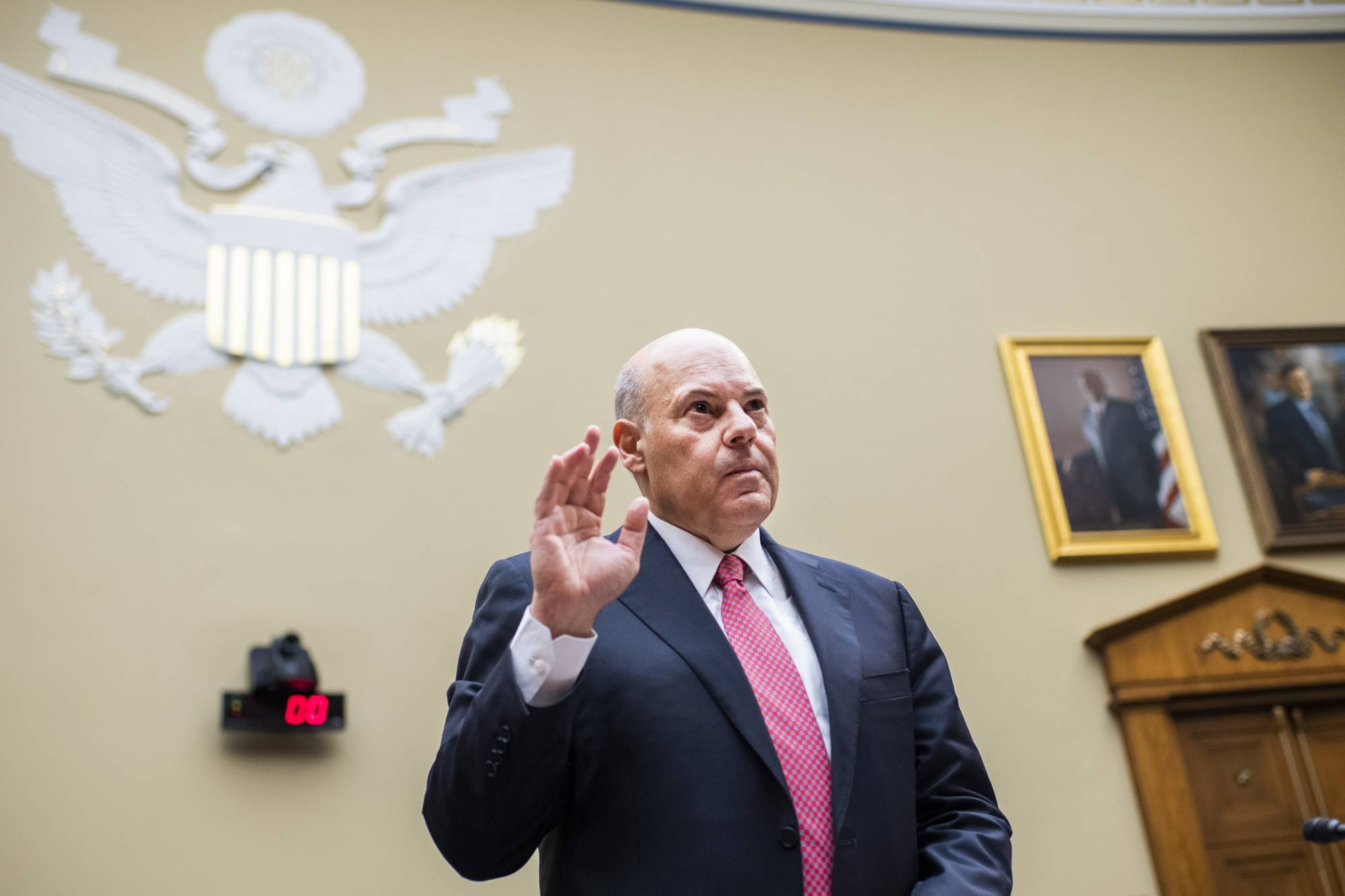Mayors grapple with grant threat after meeting with Sessions
Mayors from several U.S. cities threatened with the loss of federal grants have met with the attorney general but say they remain confused about how to prove th...
WASHINGTON (AP) — Mayors from several U.S. cities threatened with the loss of federal grants emerged from a meeting with the attorney general Tuesday saying they remain confused about how to prove their police aren’t prohibited from cooperating with immigration authorities — a requirement for the money.
The Justice Department has warned some jurisdictions that they could lose some law enforcement grant money if they don’t prove their local police and sheriffs are able to share information with federal immigration authorities about the citizenship status of people in their custody. Attorney General Jeff Sessions has labeled cities that bar such information-sharing as “sanctuary cities.”
“We want all jurisdictions to enthusiastically support the laws of the United States that require the removal of criminal aliens, as many jurisdictions already do,” Sessions said in a statement released after the meeting with representatives of the U.S. Conference of Mayors.
But the officials who met with Sessions said practical questions remain about how to follow the rules.
For example, does that mean a sheriff’s department must tell Immigration and Customs Enforcement about an inmate’s incarceration by phone? Or will an inmate’s fingerprint information, taken by the jail and then shared with the FBI and ICE, be enough? And how long can a local jail hold someone for immigration authorities without violating their rights?
“We got more clarity than we’ve ever received, but we also have other thorny issues to sort through,” said Jorge Elorza, the mayor of Providence, Rhode Island, after the hour-long meeting. It was the first time the delegation of mayors met with Sessions since the department sent nine jurisdictions letters on Friday warning they would lose key grant money unless they document cooperation with immigration authorities.
The jurisdictions, which include the state of California and major cities like Chicago, New York and Philadelphia, were places the Justice Department’s inspector general previously identified as having barriers to information-sharing among local police and immigration officials. Some disputed they met the “sanctuary city” title.
New Orleans Mayor Mitch Landrieu, whose city received one of the letters, said he provided Sessions with proof of compliance during Tuesday’s meeting but remained stunned the city received a warning in the first place, as it drafted its policies in consultation with federal immigration and Homeland Security officials.
The delegation also included mayors from Columbia, South Carolina; Gary, Indiana; and Austin, Texas. The meeting touched on a number of other concerns related to the Trump administration’s immigration policies they said remain confusing.
On a number of immigration issues, “we hear very different messages from (Homeland Security), DOJ and also the White House,” Elorza said. “Just give us clarity and please have one, clear policy so we can know where we stand.”
__
Associated Press writer Alicia A. Caldwell contributed to this report.
Copyright © 2024 Federal News Network. All rights reserved. This website is not intended for users located within the European Economic Area.





